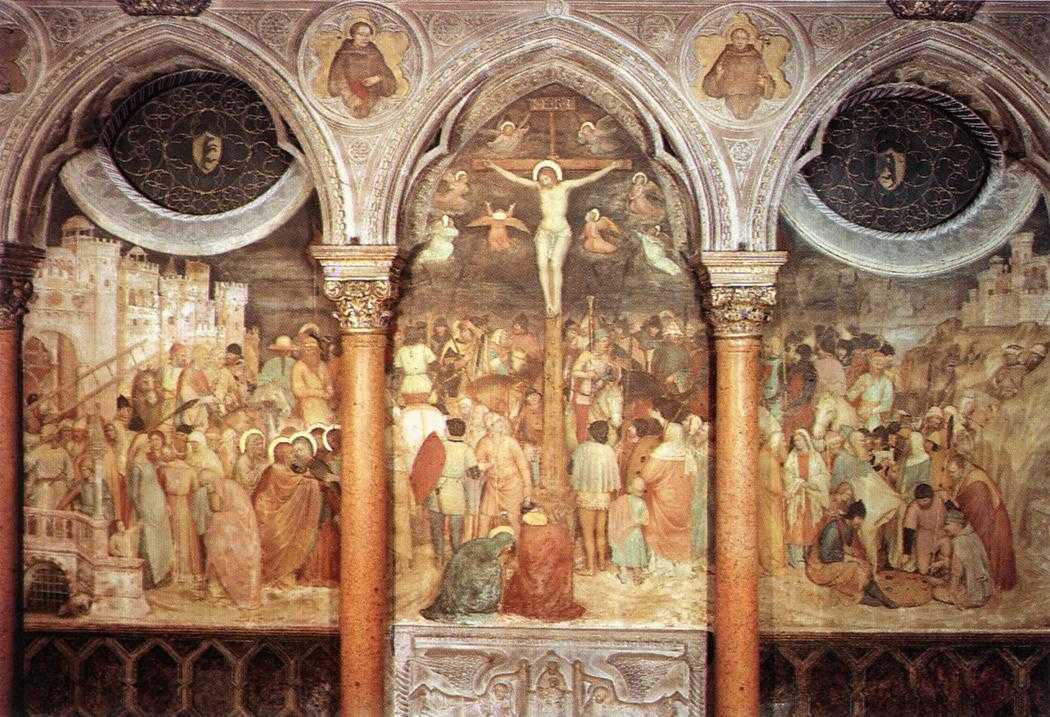
The Basilica of St. Anthony
11 Via Orto Botanico Padova
The Basilica of St. Anthony, commonly referred to by locals as Il Santo, is dedicated to St. Anthony of Padua, a revered 13th-century Franciscan friar known for his sermons, and deep commitment to helping the poor.
St. Anthony of Padua was a Portuguese Catholic priest born in Lisbon in 1195. He spent his final years in Padua, where he died in 1231 at the age of 35. He was canonized less than a year later by Pope Gregory IX, one of the fastest canonizations in Church history. In 1946, he was declared a Doctor of the Church for the depth and influence of his teachings. Today, St. Anthony is one of the most popular saints in the Catholic Church. He is especially invoked as the patron saint of lost things, and many people pray to him when they are searching for something lost.
Visitors to the basilica can pay their respects at the Chapel of St. Anthony, where the saint’s tomb draws thousands of pilgrims each year. The church itself is an architectural marvel, showcasing a harmonious blend of Romanesque, Gothic, and Byzantine styles. One of the basilica’s most remarkable features is the Relics Chapel, which contains preserved relics of St. Anthony, including his tongue, jawbone, and vocal cords, considered miraculous due to their connection to his preaching.
Chapel of the Apparition of St. Anthony
Within the Basilica of Saint Anthony, the Chapel of the Apparition marks the site where Saint Anthony died on June 13, 1231, in a modest room of a nearby Franciscan monastery. A friar named Brother Luke reported seeing a vision of Anthony, bathed in light, at the exact time of his passing. This “apparition” gave the chapel its name and added to the reverence surrounding the site.
See Also:
Scrovegni Chapel
The Scrovegni Chapel is one of the most important places to see early Renaissance art up close.
Abbey of Santa Giustina
The Abbey of Santa Giustina is one of the largest Benedictine monasteries in Europe. It is dedicated to Saint Justina of Padua, a revered early Christian martyr whose relics are preserved within the abbey.
Stay Connected:
Sign up and get weekly updates with new locations, itineraries and videos.
